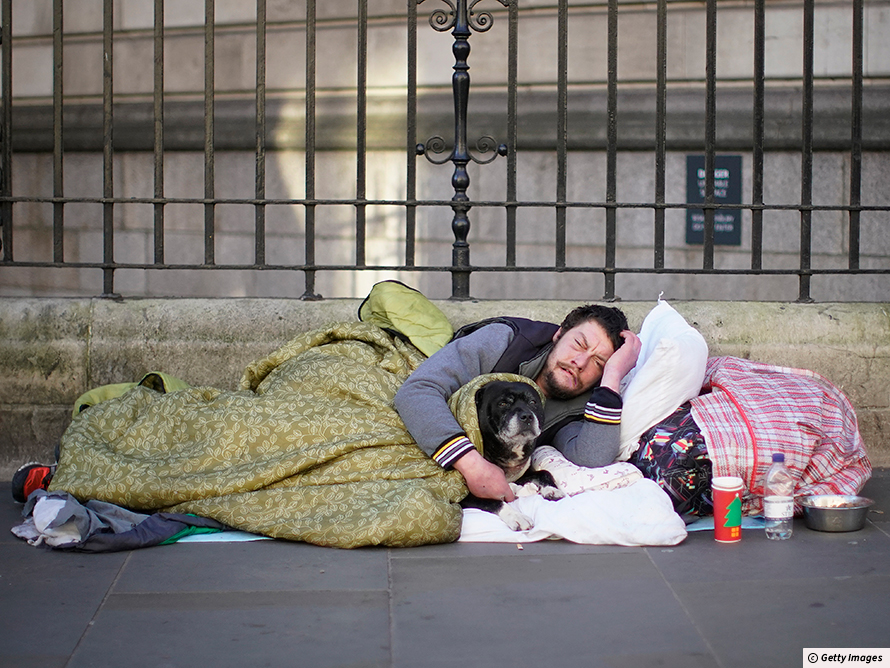Can we end homelessness? In Sheffield, one charity says there will be no young people sleeping on the streets this Christmas. But around the country there are thousands who are not so lucky.
The city with no young rough sleepers
 Hard life: The majority of rough sleepers in the UK are male, although some women and girls may be missing from official statistics.
Hard life: The majority of rough sleepers in the UK are male, although some women and girls may be missing from official statistics. 
